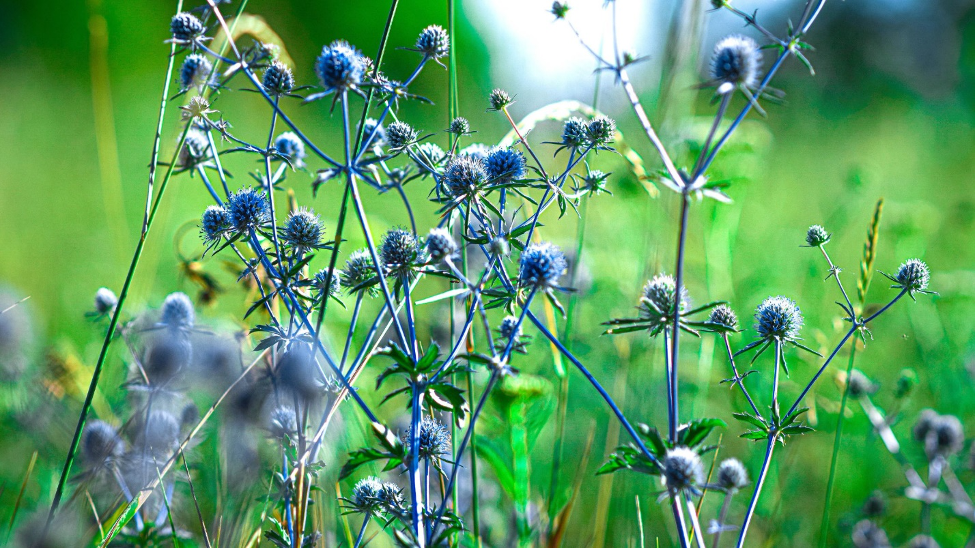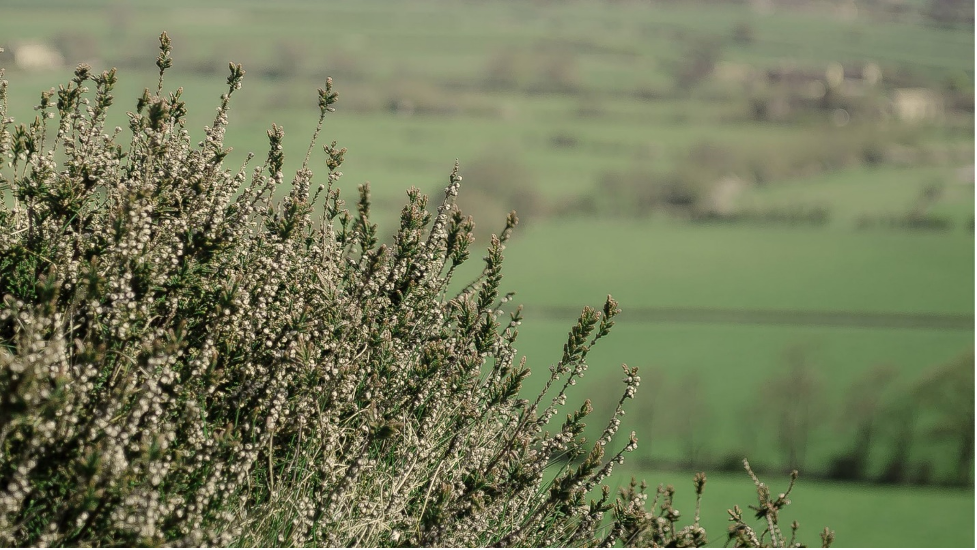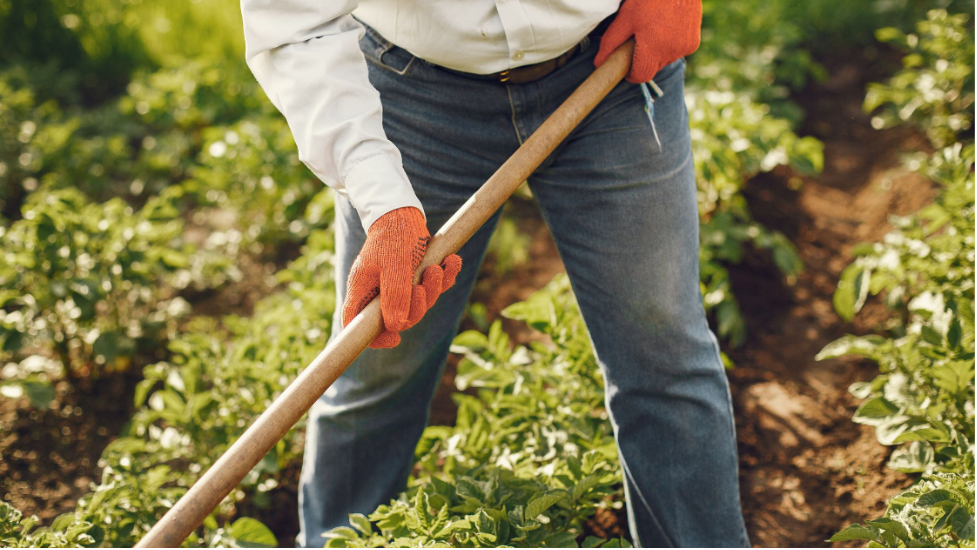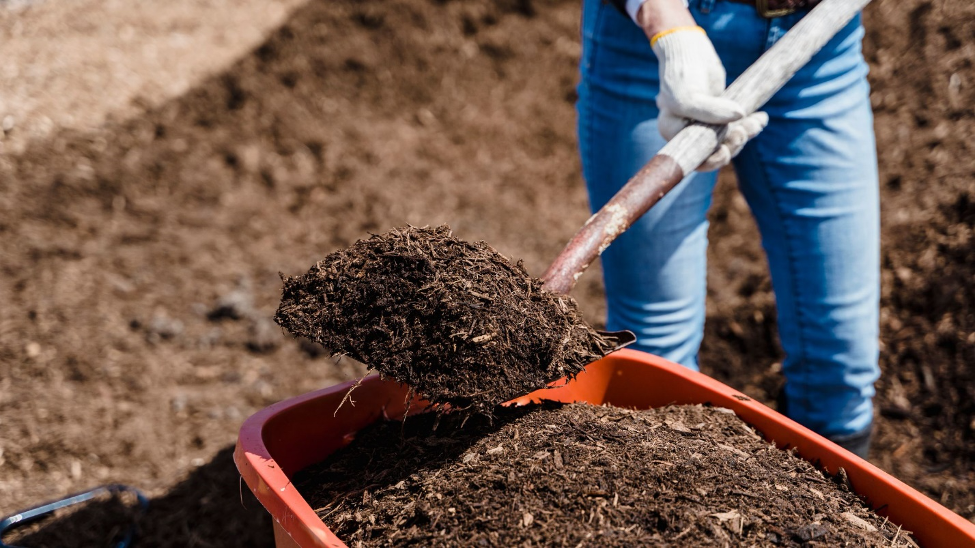Functional Definition of the Weed
We generally use the term “weed” for an inappropriate, unwanted plant or plant considered a pest that interferes with crop production or livestock breeding. Weed manuals and herbicide advertising catalogs also list species such as clover, sedge, tall fescue, hairy vetch, and Jerusalem artichoke as weeds; Plants that are useful and valuable for many farmers as fodder, vegetation, or food products if they are grown in the right conditions. In fact, “volunteer crops” such as wheat, barley, forage soybeans, or even corn are considered weeds if they grow at an inappropriate and unwanted stage of the crop rotation.
From these examples, we can understand that the term “weed” is partially related to the judgment of humans about certain plants or plant species; the more precise definition of which depends on how that plant intervenes in a certain field or land at a certain point in time. Even alfalfa, one of the most valuable forage crops, is considered a weed in the vegetable garden.
It should be noted that weeds are also largely man-made. Human activities can turn plant species into weeds in two ways:
- Providing a suitable ecological environment for the growth of unwanted plants
- Importation of new plant species to a certain region or continent
But in practice, any plant that grows in a garden or field that the farmer has not planted is usually called a “weed,” whether it causes a problem or not. However, efforts to remove unwanted vegetation come with pressure on farm budgets, the farmer himself, agro-ecosystems, fuel resources, and the environment. Weed control usually does not require the full length of the weed to protect the desired crop.
Based on these considerations, a weed may be defined as any plant that has not been intentionally planted or propagated by the farmer and requires management of the situation to prevent it from interfering with crop production. In this definition, a weed is a non-agricultural plant that can become a problem if not adequately managed. But its presence may not always be harmful and at the same time, there is no guarantee that it will be eradicated automatically.
Weeds can perform vital ecosystem services such as protecting and rehabilitating degraded or degraded soils. In addition, some weeds provide a habitat for beneficial organisms and thus contribute significantly to the natural and biological control of some insect pests. Some specific weeds also provide us or livestock with nutritious food; Many medicinal plants are actually species of this category.





